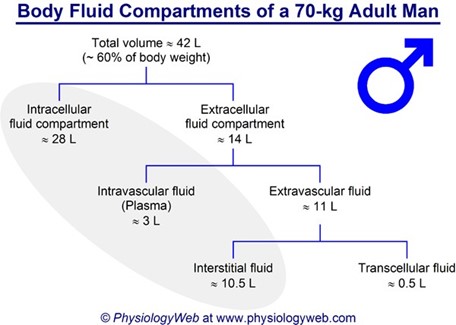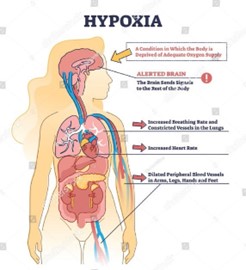Patient MK is admited with Atrial Fibrillation an irregular heart rhythm. She is also complaining of muscle cramps to her legs and that she started a new diuretic last week. What lab value are you most likely to find on her Complete Metabolic Panel?
Mg2 – 20 mEq/L
Na+ - 123 mEq/L
Ca2 – 10.0 mg/dl
K+ - - 3.1 mEq/L
The Correct Answer is D
Atrial fibrillation is a common arrhythmia, and diuretics are often used in the management of patients with this condition to help control fluid balance. However, diuretics can cause electrolyte imbalances, especially hypokalaemia (low potassium levels), which can lead to muscle cramps and other complications.
A Complete Metabolic Panel (CMP) is a blood test that measures various electrolytes, glucose, and other important components. Among the options given, the most likely lab value to be abnormal in Patient MK's case is a low level of potassium (K+), which is consistent with her symptoms and diuretic use. Option d, K+ -
-
- mEq/L, is the correct option as it represents a low level of potassium, which is defined as a value less than 3.5 mEq/L.
Option a, Mg2 – 20 mEq/L, represents high magnesium levels, which are not typically associated with diuretic use or muscle cramps. Option b, Na+ - 123 mEq/L, represents low sodium levels, which are less likely to occur with diuretic use, and are typically associated with other conditions. Option c, Ca2 – 10.0 mg/dl, represents normal calcium levels and is not typically affected by diuretic use.

Nursing Test Bank
Naxlex Comprehensive Predictor Exams
Related Questions
Correct Answer is B
Explanation
Daily weights provide a reliable and accurate measure of fluid balance in the body. An increase in weight can indicate fluid retention and the need for further intervention. While daily intake and output recordings, blood pressure and heart rate checks, and CMP lab draws can also provide useful information, daily weights are the most effective way to monitor for excess fluid volume in this situation.

Correct Answer is B
Explanation
When someone has asthma, their lungs may produce a wheezing sound when they breathe in and out. Narrowed airways and restricted air movement through the lungs may be responsible for the wheezing sound.

Whether you are a student looking to ace your exams or a practicing nurse seeking to enhance your expertise , our nursing education contents will empower you with the confidence and competence to make a difference in the lives of patients and become a respected leader in the healthcare field.
Visit Naxlex, invest in your future and unlock endless possibilities with our unparalleled nursing education contents today
Report Wrong Answer on the Current Question
Do you disagree with the answer? If yes, what is your expected answer? Explain.
Kindly be descriptive with the issue you are facing.
